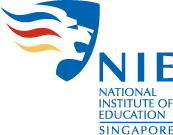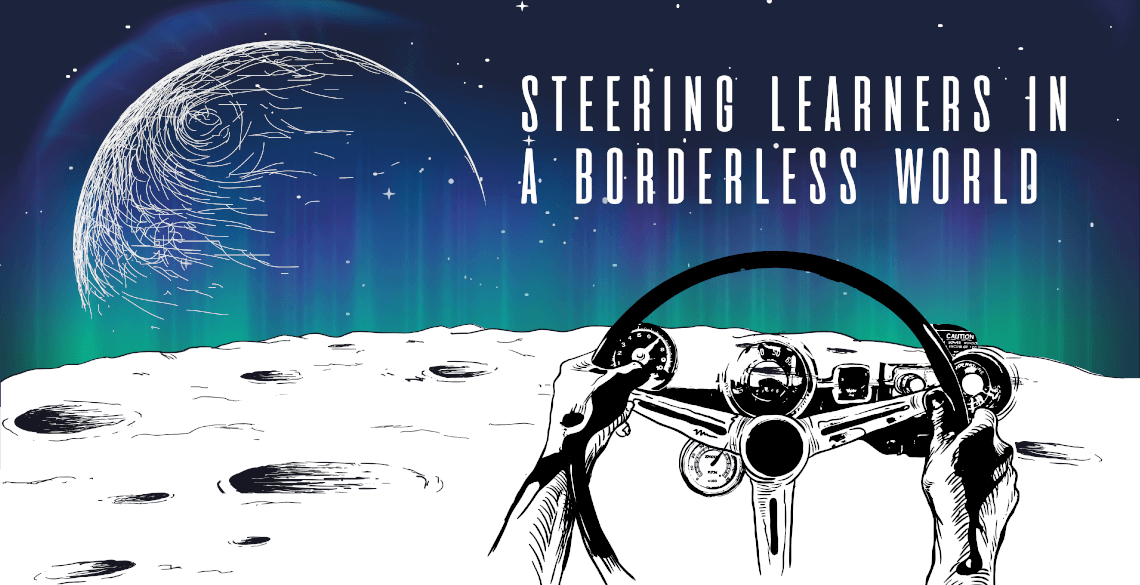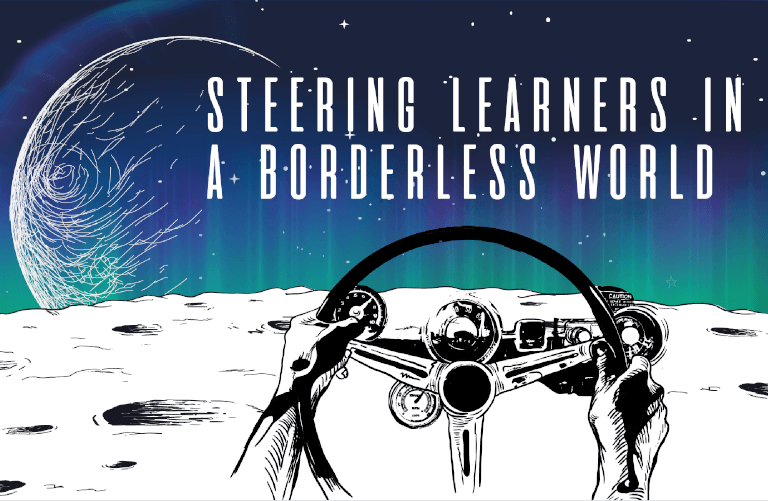
"And I think that if I and other teachers truly want to provoke our students to break through the limits of the conventional and the taken for granted, we ourselves have to experience breaks with what has been established in our own lives; we have to keep arousing ourselves to begin again." (Greene, 1995).
These words from Maxine Greene, renowned educational philosopher, remind us as educators, to be ready to step out of our comfort zone and be open to the construction and reconstruction of self. | Read More |
While globalisation has increased trade and cultural exchanges among countries, intercultural sensitivity has not necessarily been heightened in many of us. Instances of stereotypes and even xenophobia are not uncommon. Suzanne Choo, Assistant Professor, (English Language and Literature Academic Group) argues that engagement in Literature fosters habits of ethical attunement and ethical reasoning needed in global education. The Literature texts provide precious openings into unfamiliar worlds of other cultures and rouse all of us to be cognisant of difficult issues experienced by these others.
Attempts to forge closer cultural ties is evident in many countries. JENESYS is one such initiatives to promote mutual understanding and friendship between Singaporean and Japanese youths. 14 student teachers of art from the Visual and Performing Arts Academic Group came to understand the Japanese culture deeper through this learning journey. Beyond a deeper appreciation of the Japanese culture, two of them - Ms Tanti Nur Hidayu and Mr Goh Aik Chuan, found themselves in situations that forced them to confront their own preferences, and in the process, reconstructed themselves.
Programmes such as BUILD (Building University Interns for Leadership Development) is another platform where student teachers' identity as educators is being constructed. Student teachers from the TSP programme, Ms Sandy Goh and Mr Don Seah, experienced different real-world work environments and gained perspectives of who they are and what they are capable of.
The construction of self is a never-ending task. To help our students construct possibilities, we must as educators never cease in this endeavour.

 Kehk Bee Lian
Kehk Bee Lian
"And I think that if I and other teachers truly want to provoke our students to break through the limits of the conventional and the taken for granted, we ourselves have to experience breaks with what has been established in our own lives; we have to keep arousing ourselves to begin again." (Greene, 1995).
These words from Maxine Greene, renowned educational philosopher, remind us as educators, to be ready to step out of our comfort zone and be open to the construction and reconstruction of self. | Read More |
While globalisation has increased trade and cultural exchanges among countries, intercultural sensitivity has not necessarily been heightened in many of us. Instances of stereotypes and even xenophobia are not uncommon. Suzanne Choo, Assistant Professor, (English Language and Literature Academic Group) argues that engagement in Literature fosters habits of ethical attunement and ethical reasoning needed in global education. The Literature texts provide precious openings into unfamiliar worlds of other cultures and rouse all of us to be cognisant of difficult issues experienced by these others.
Attempts to forge closer cultural ties is evident in many countries. JENESYS is one such initiatives to promote mutual understanding and friendship between Singaporean and Japanese youths. 14 student teachers of art from the Visual and Performing Arts Academic Group came to understand the Japanese culture deeper through this learning journey. Beyond a deeper appreciation of the Japanese culture, two of them - Ms Tanti Nur Hidayu and Mr Goh Aik Chuan, found themselves in situations that forced them to confront their own preferences, and in the process, reconstructed themselves.
Programmes such as BUILD (Building University Interns for Leadership Development) is another platform where student teachers' identity as educators is being constructed. Student teachers from the TSP programme, Ms Sandy Goh and Mr Don Seah, experienced different real-world work environments and gained perspectives of who they are and what they are capable of.
The construction of self is a never-ending task. To help our students construct possibilities, we must as educators never cease in this endeavour.

 Kehk Bee Lian
Kehk Bee Lian












